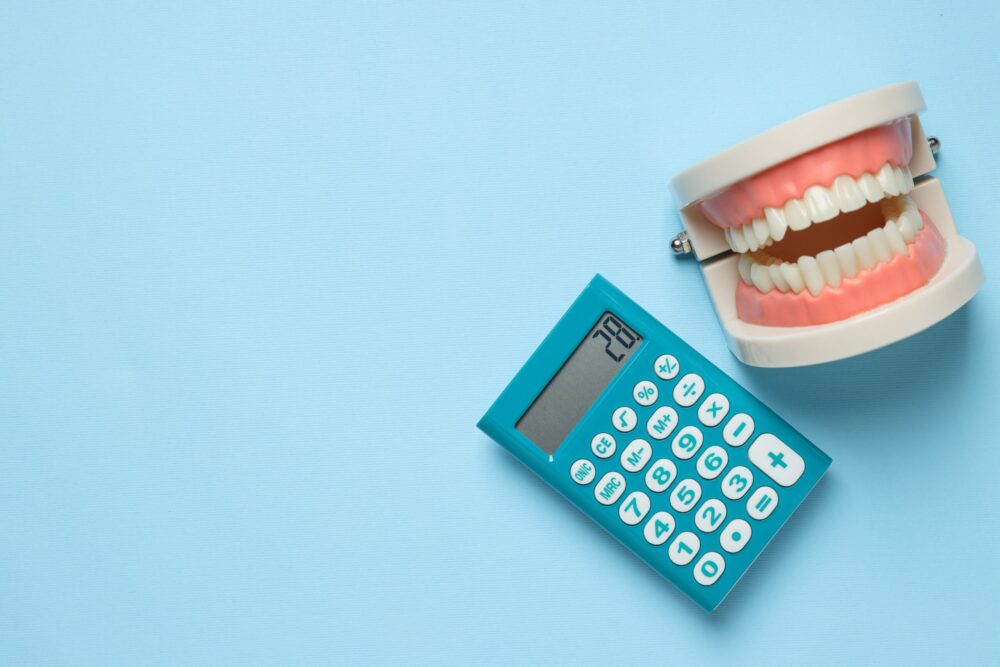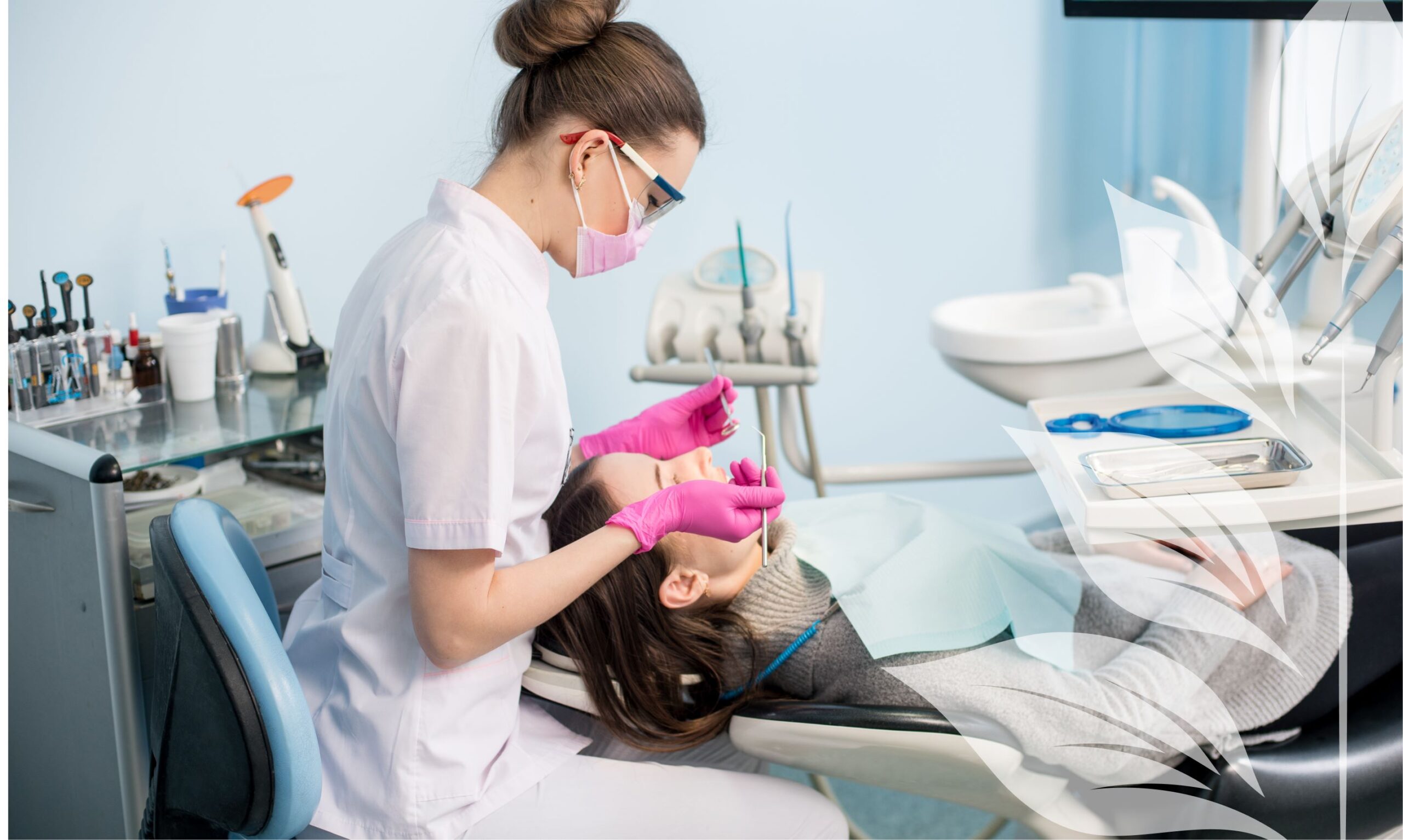Exploring Three Types of Dentures
Tooth loss is a common issue that many adults face, especially as they grow older. The CDC describes severe tooth loss as having eight teeth or fewer, and their statistics show that 26% of adults age 65 and older are in this category. An estimated 17% of adults age 65 and older have lost all teeth.
Fortunately, severe tooth loss is gradually becoming less common thanks to modern dentistry solutions and a greater awareness of oral hygiene. Individuals who’ve experienced extensive tooth loss also have a number of treatment options available to restore their smiles.
Dentures remain a popular choice for adults with moderate to severe tooth loss. Modern ones are not only beautiful and ultrarealistic, but they also fit comfortably and are designed to last. Advances in dental technology have also ushered forth implant-supported dentures, a restoration option that combines the best of dentures and dental implants.
If you’ve experienced major tooth loss and you’re not sure which denture option is the best choice for you, here are some comparisons.
Full-Mouth Dentures
How These Dentures Work
Full-mouth dentures are the classic denture option for treating a case of complete tooth loss or a case where remaining teeth must be extracted. This type of denture is a prosthetic replacement for the teeth as well as the gums. They can be made out of many different materials, such as dental plastics or porcelain, but many modern ones are made with a hard resin material.
Treatment Process
Getting full dentures is a fairly easy process. It involves around four appointments, depending on whether you are already missing all teeth or still need extractions, and most of the time you spend in your dentist’s chair will be for fitting. It’s imperative that yours fit comfortably and perfectly snug, so it may take one or two appointments before you and your dentist are satisfied with the fit.
Healing Process
Dentures take some getting used to, especially if extractions are needed first, but the healing process is typically a smooth one. Any sort of pain, rubbing, or discomfort from the denture can be remedied with a simple adjustment from your dentist.
Results and Care
Your finished full-mouth dentures will look realistic in appearance and form your new visible smile. You’ll be able to eat denture-safe foods, speak confidently, and enjoy a fuller-looking face. They do require special care, and maintaining oral hygiene is still important. Your dentist will go over proper denture care during your final appointment.
Overall Value
Full-mouth dentures are the most affordable restoration for treating complete tooth loss.
Long-Term Expectations
Full-mouth dentures typically last up to 10 years before needing to be replaced. They can also be repaired within reason. If your dentures feel different after a couple of years, you can have them refitted or adjusted to stop any rubbing or sore spots.
Partial Dentures
How These Dentures Work
Partial dentures are very similar to full-mouth ones in terms of materials and design. The major difference is a partial denture incorporates natural teeth. They are used in cases of moderate to severe tooth loss where a patient has a mix of missing and healthy teeth. Rather than extracting healthy teeth for no reason, your dentist is instead able to use a partial denture to restore your smile in a simple, beautiful way.
Treatment Process
The treatment process of partial dentures also mimics full ones. Your dentist will pay special attention to taking accurate impressions so the design of your partial blends in seamlessly with your natural teeth. This includes the fit of the partial as well as the color and shape of the prosthetic teeth and gums.
Healing Process
Partial dentures also take some getting used to, but there should never be any pain, rubbing, or soreness. Some mild gum tenderness may be experienced during the first few days but should be gone within a week.
Results and Care
Your finished partial denture (or dentures) should blend in with your smile and not look noticeable from a reasonable distance. Partials are removable, so during your visit, your dentist will teach you how to easily put in, take out, and take care of your partial.
Overall Value
Partial dentures are the most affordable option for treating moderate tooth loss in a smile that also has healthy, natural teeth.
Long-Term Expectations
Partial dentures often last a bit longer than full ones—up to 15 years!—and can be worn until they either wear out or the fit changes. You may need to replace your partial denture sooner if it becomes damaged beyond repair.
Implant-Supported Dentures
How These Dentures Work
Implant-supported dentures are an incredible alternative to traditional ones. They combine denture prosthetics with dental implants, offering shared advantages of both treatments. Rather than having full dentures fitted to your gums, you’ll have dental implants placed, and your denture will be fitted to those posts. An implant-supported denture offer the most natural finish in terms of both appearance and feel.
Treatment Process
The treatment process of implant-supported dentures is much more involved. You’ll have multiple appointments spanning over half a year or so. This lengthy process is because your dental implants require a longer period of healing in order for the jawbone to fuse with each titanium post.
Healing Process
Dental implant surgery requires a healing period of three to six months or more. Due to the nature of this treatment, you’ll experience some mild discomfort for a week or so afterward. You’ll also need to eat soft foods until all healing discomfort is gone.
Results and Care
Your healed and finished implant-supported dentures will look like a natural, healthy smile. Your face will look more youthful, and the implant posts will help maintain jawbone density. Implant-supported dentures are easy to care for and allow you freedom from dealing with traditional denture care and messy adhesives.
Overall Value
Implant-supported dentures are unique in that they have a higher initial cost but the best long-term value. In fact, when considering long-term costs, implant-supported ones may be less expensive than traditional dentures that may need to be replaced as early as every five years.
Long-Term Expectations
Your dental implants will last a lifetime and should never need to be replaced. The denture prosthetics attached to them may need to be replaced eventually if they become damaged or worn down. After the initial healing period, you can also expect your implant-supported denture to look just like natural teeth.
Getting Dentures at Allred Family Dentistry
If you’re ready to find out which denture treatment option is right for your smile, all you need to do is book an appointment with Allred Family Dentistry. You can schedule an evaluation right now by calling your preferred location or requesting an appointment online.





